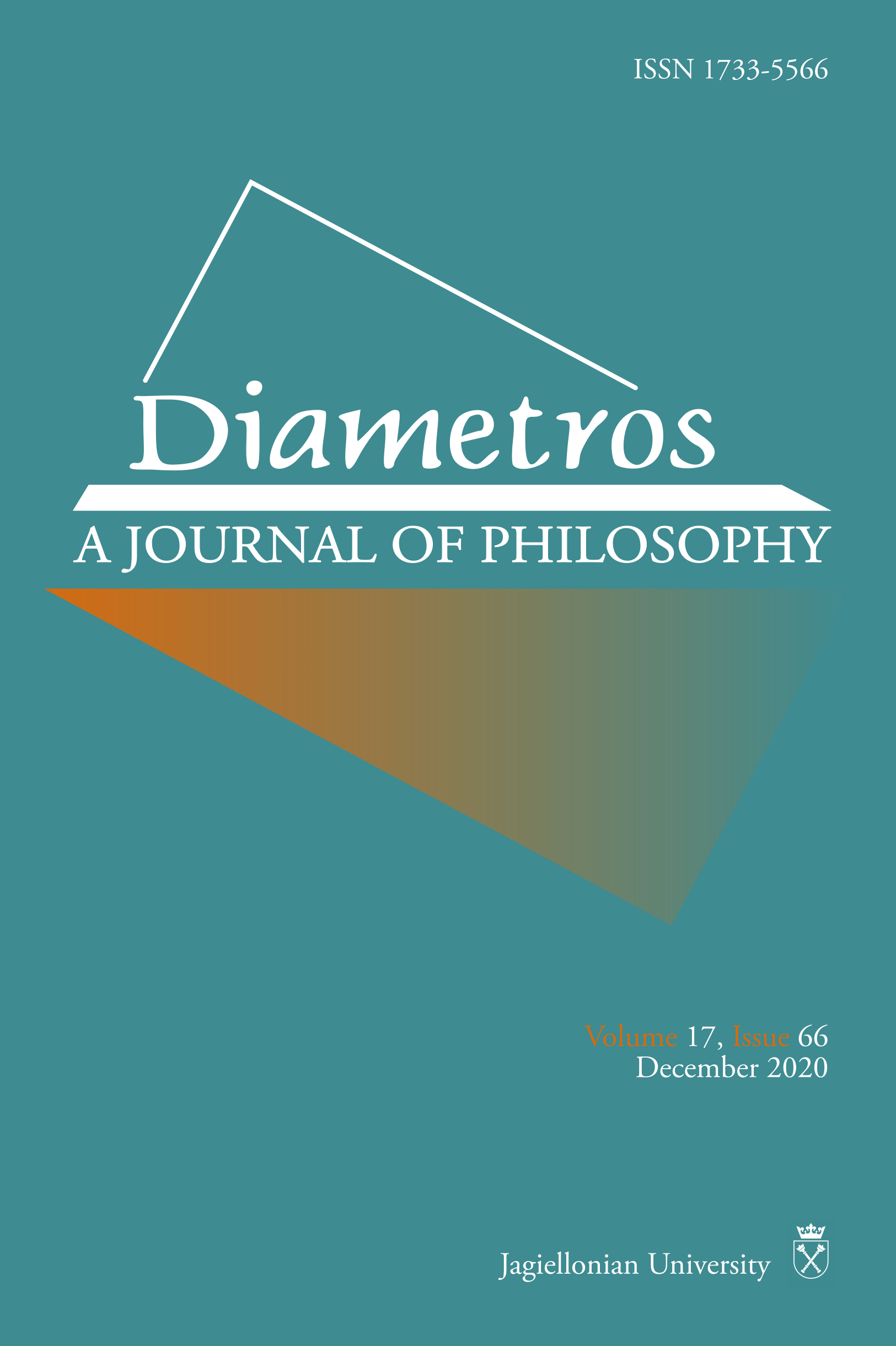The Problem of New Evidence: P-Hacking and Pre-Analysis Plans
The Problem of New Evidence: P-Hacking and Pre-Analysis Plans
Author(s): Zoe Hitzig, Jacob StegengaSubject(s): History of Philosophy, Philosophical Traditions
Published by: Instytut Filozofii Uniwersytetu Jagiellońskiego
Keywords: Bayesian confirmation; theory; pre-analysis plans; replication crisis; predictivism p-hacking
Summary/Abstract: We provide a novel articulation of the epistemic peril of p-hacking using three resources from philosophy: predictivism, Bayesian confirmation theory, and model selection theory. We defend a nuanced position on p-hacking: p-hacking is sometimes, but not always, epistemically pernicious. Our argument requires a novel understanding of Bayesianism, since a standard criticism of Bayesian confirmation theory is that it cannot represent the influence of biased methods. We then turn to pre-analysis plans, a methodological device used to mitigate p-hacking. Some say that pre-analysis plans are epistemically meritorious while others deny this, and in practice pre-analysis plans are often violated. We resolve this debate with a modest defence of pre-analysis plans. Further, we argue that pre-analysis plans can be epistemically relevant even if the plan is not strictly followed—and suggest that allowing for flexible pre-analysis plans may be the best available policy option.
Journal: Diametros
- Issue Year: 17/2020
- Issue No: 66
- Page Range: 10-33
- Page Count: 24
- Language: English

